Kingdom Come Deliverance 2 Review- It's about the journey...
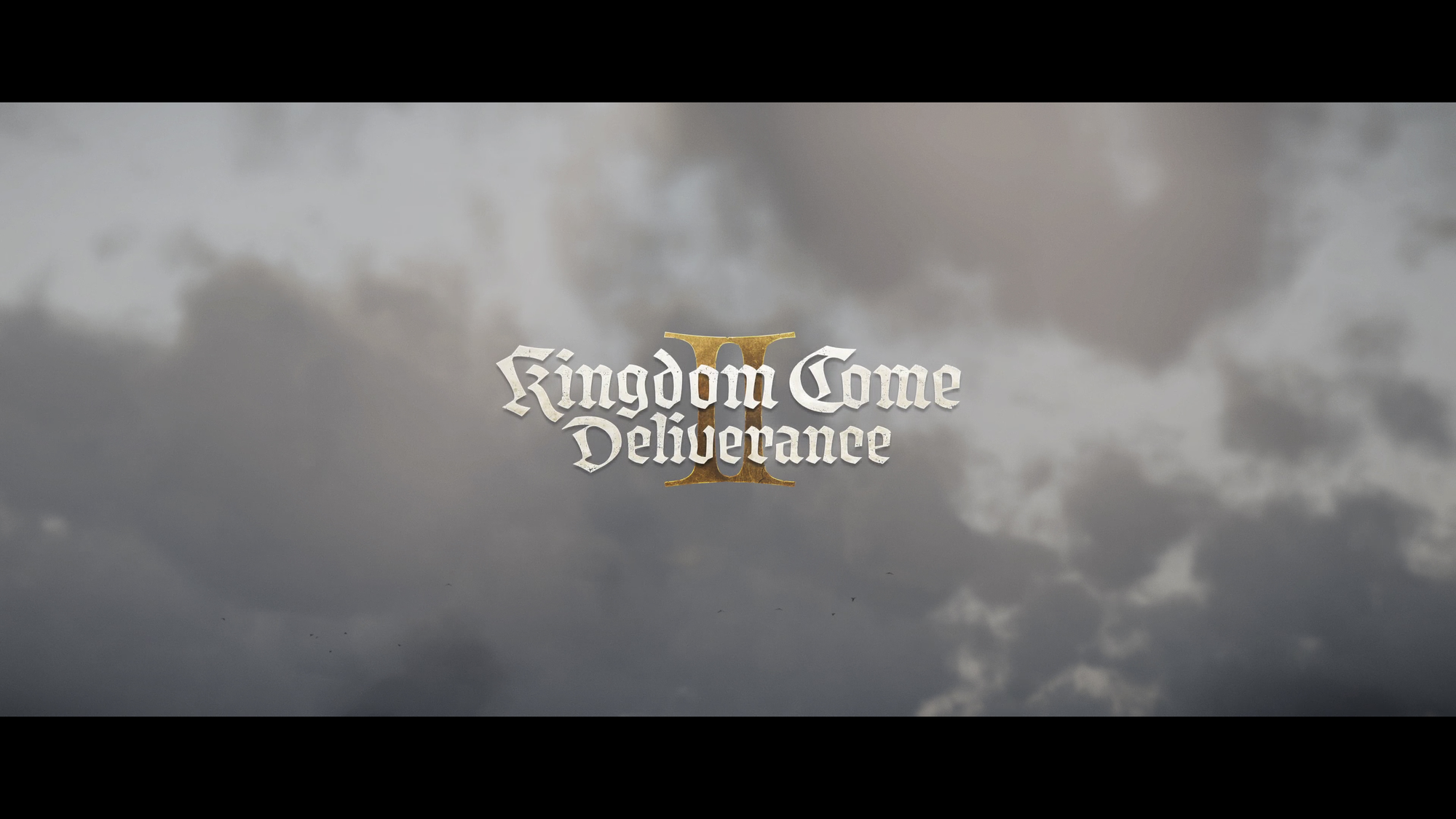
This trope of "its about the journey, not the destination" is mostly used to excuse a lacklustre ending, and unfortunately I feel it's very suitable for this game, a feeling very akin to what I felt when the previous game rolled credits. The journey itself is surely one of the most rewarding experiences in recent memory, so it's all the more regrettable that it couldn't quite stick the landing.
I was reasonably upset about the conclusion of the first game, but I feel my feelings were not echoed by the community at large... I am preparing for a similar reaction this time around (perhaps to a lesser degree), so here we go.
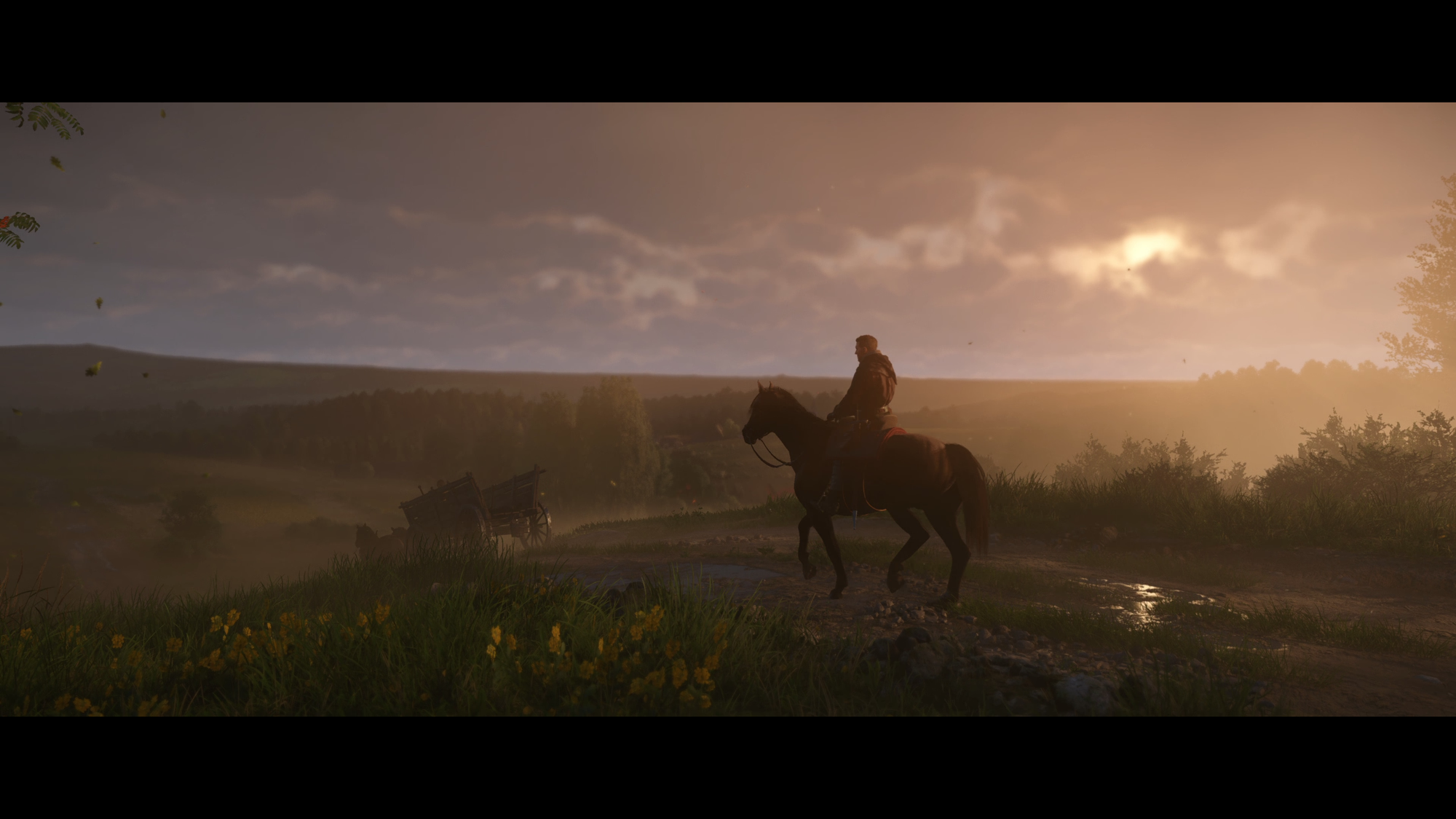
Kingdom Come Deliverance is a series of medieval RPGs that sits in a unique position in today's gaming landscape. It relies on ultrarealistic mechanics to drive engaging gameplay and I feel its a very successful and unique idea. Combat is grounded and tactical, you must constantly take care of your sleep, food and cleanliness and people react to you in a believeable way.
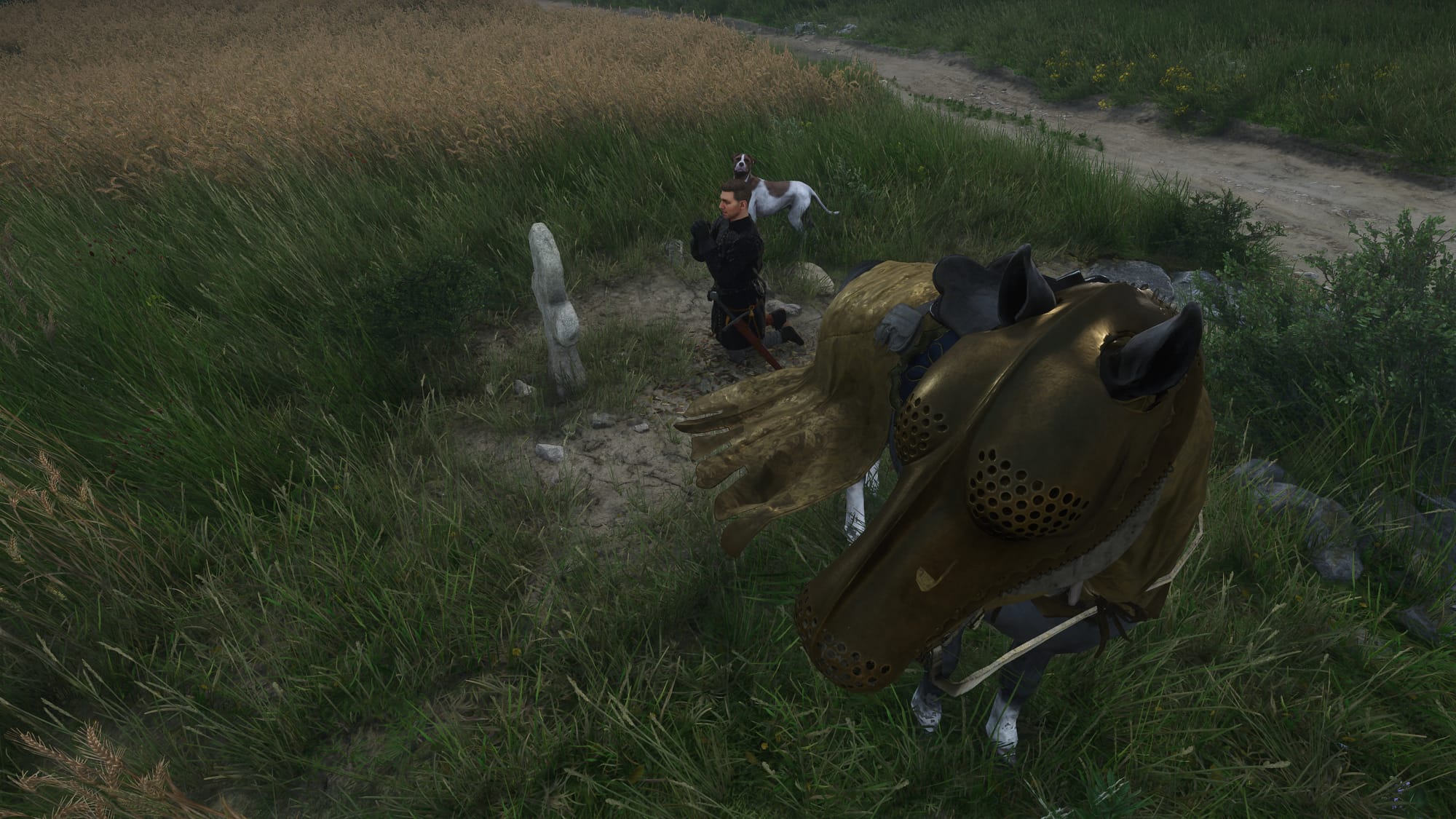
You take control of one Henry, who is initially a bit of a bufoon, but eventually shapes up into a veritable hero. This is the 2nd game in which you're in charge of Henry, so the apparent return to basic rookie state after the first game requires a bit of suspension of disbelief, but it's not overly bothersome.
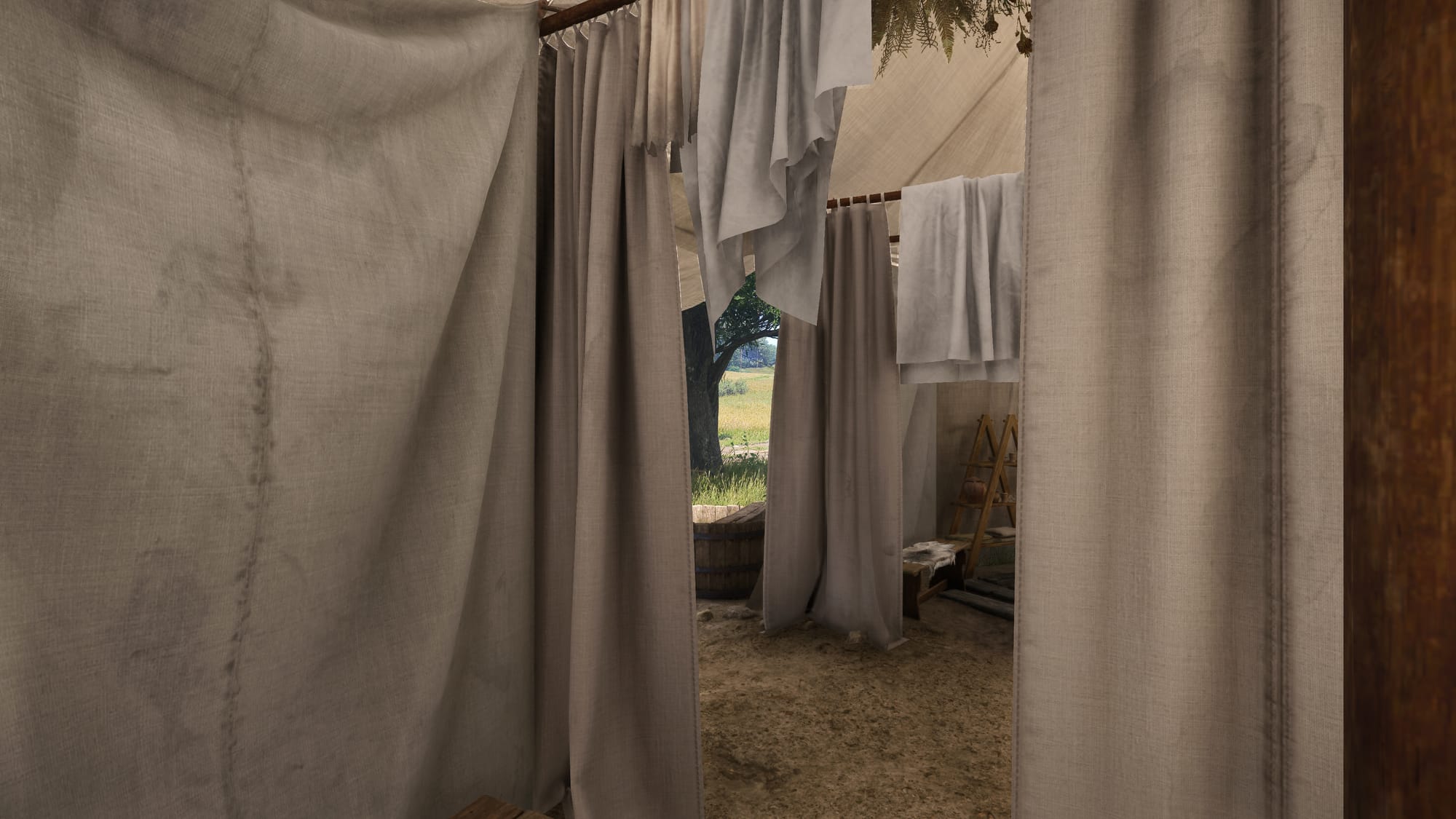
To be perfectly frank, I felt a little bit deceived by the way KCD ( as we'll refer to the game from now on) finished its story in its first iteration. Right from the get-go, your goal is simple: reach the bad guy... so you'll perhaps forgive me for feeling extremely deceived when the game wraps up its story somewhere halfway through reaching this goal and just rolls credits without any prior announcements.
7 years later, we have a sequel; and what a sequel it is! It expands on its predecessor on all but one dimension. Gameplay, presentation, and quest variety are all greatly improved aspects, but the overall plot points lag behind in comparison.
The world
Once again, Warhorses rendition of the Czech Republic perfectly captures the eastern european vibe. Lush forests, endless countryside and a mostly sunny weather with a slight peppering of thunderstorms.
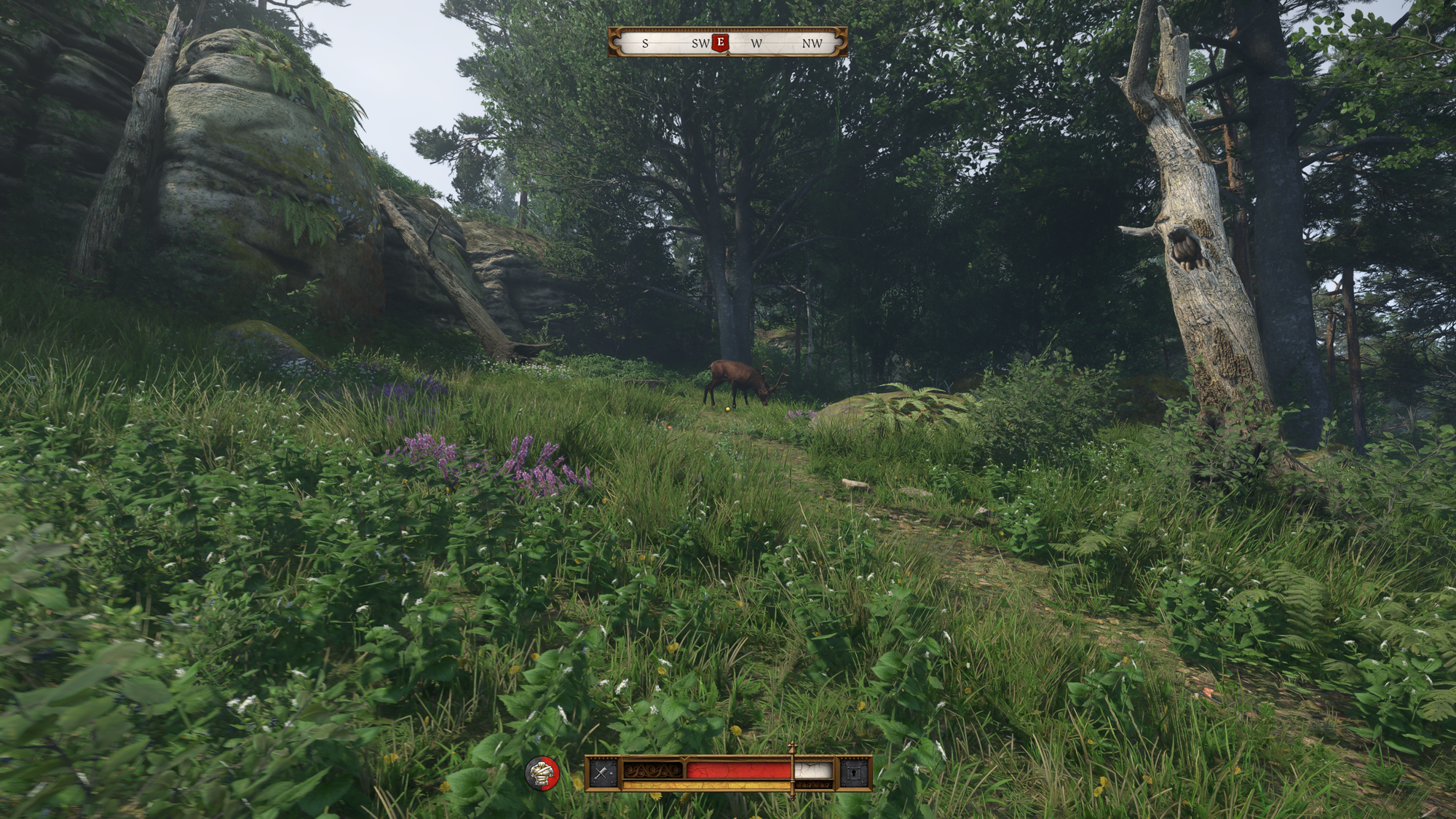
Rarely do I feel as immersed in open worlds as I did here, and I think there are a couple things to remark on this front: sound design and the first person perspective. In spite of what most people think, I don't consider graphical fidelity to be a good predictor of immersion. Anything with a consistent style and a pleasing appearance will do the trick, but it's the little things like character foley that truly make everything feel grounded. The chirping of the crows as they fly away is unexpectedly something I particularly jive with. I remember in Skyrim, one of the most jawdropping moments was when you first cross that bridge from Riverwood heading to Whiterun, and trigger that flock of birds idly resting upon the side parapet of the bridge to fly away.
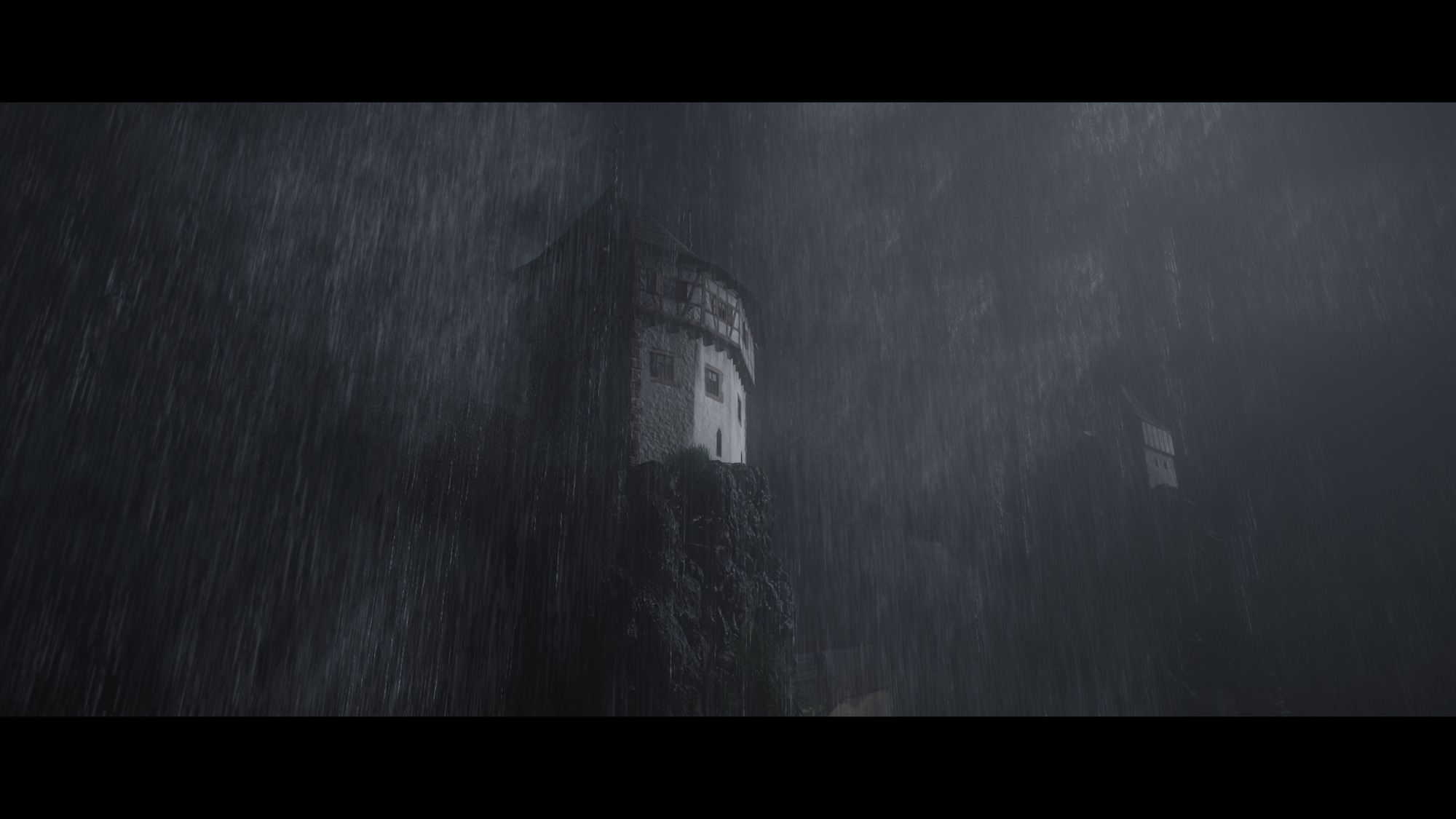
It also helps that we finally have another competent first person open world game, as the entire gaming industry seems to be obsessed with making every single open world protagonist perspective in the 3rd person.
If immersion is at the forefront of your gaming desire, this game is perhaps one of the best exponents of this.
Gameplay
What feels like a natural continuation of the previous game and perhaps the aspect of the game with the least obvious improvement, moment-to-moment gameplay still includes the same pillars. Exploration and item gathering have largely not changed, combat remains tactical and punishing, but in a slightly simplified manner this time around.
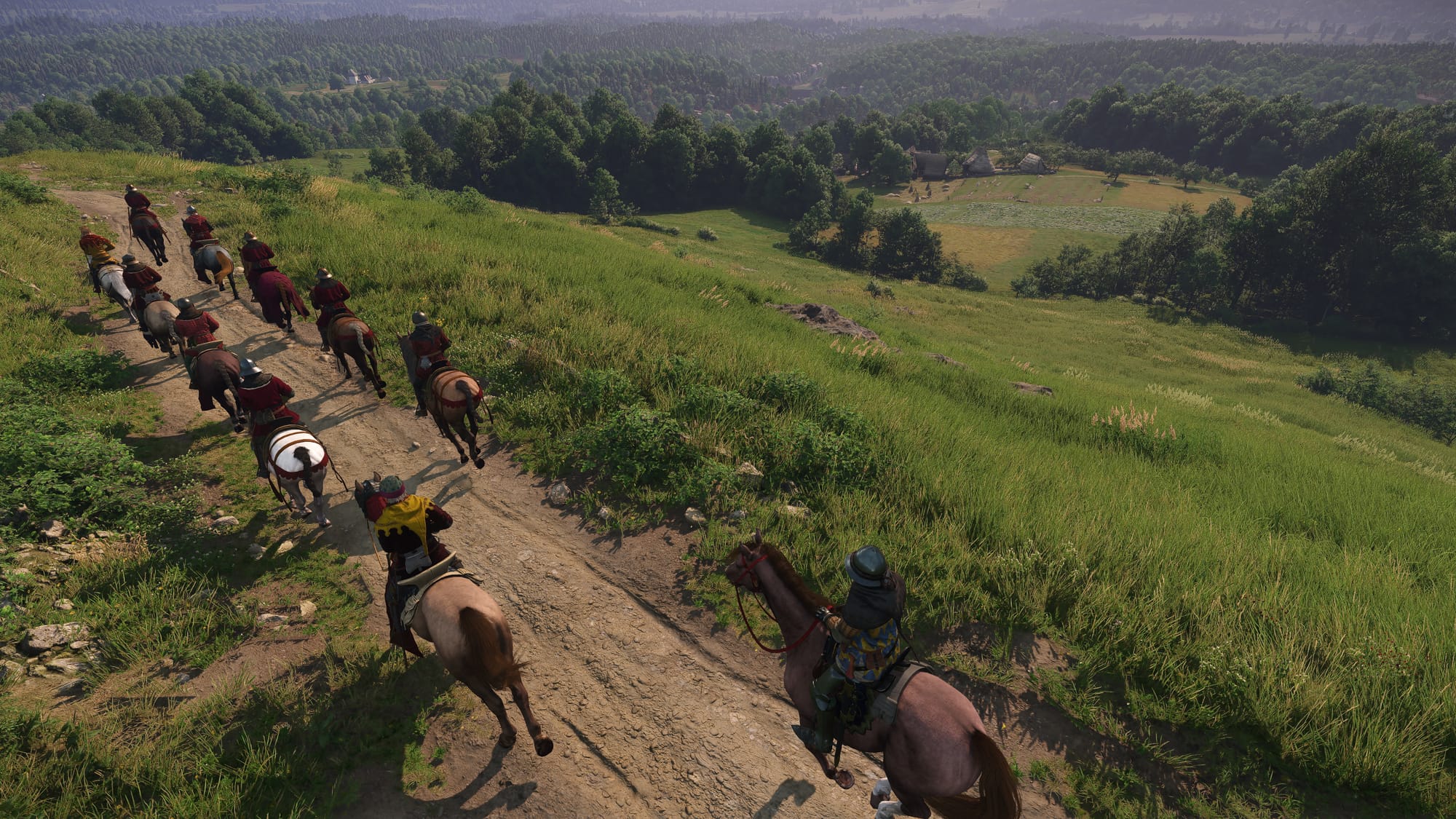
The previous game propsed 6 different attack angles for combat, while this game reduces it to 4 and replaces some of the complexity with master strikes (a very offensive counterattack that requires you to strike at the right time, instead of blocking).
You also follow a similar power curve as in the first game as well, with the caviat that you seem to become a lean, mean killing-machine a little earlier and after less work. Your initial lack of skill at the start strikes me as a little gamey, seeing as you're still the same Henry (albeit with a slight shoulder injury).
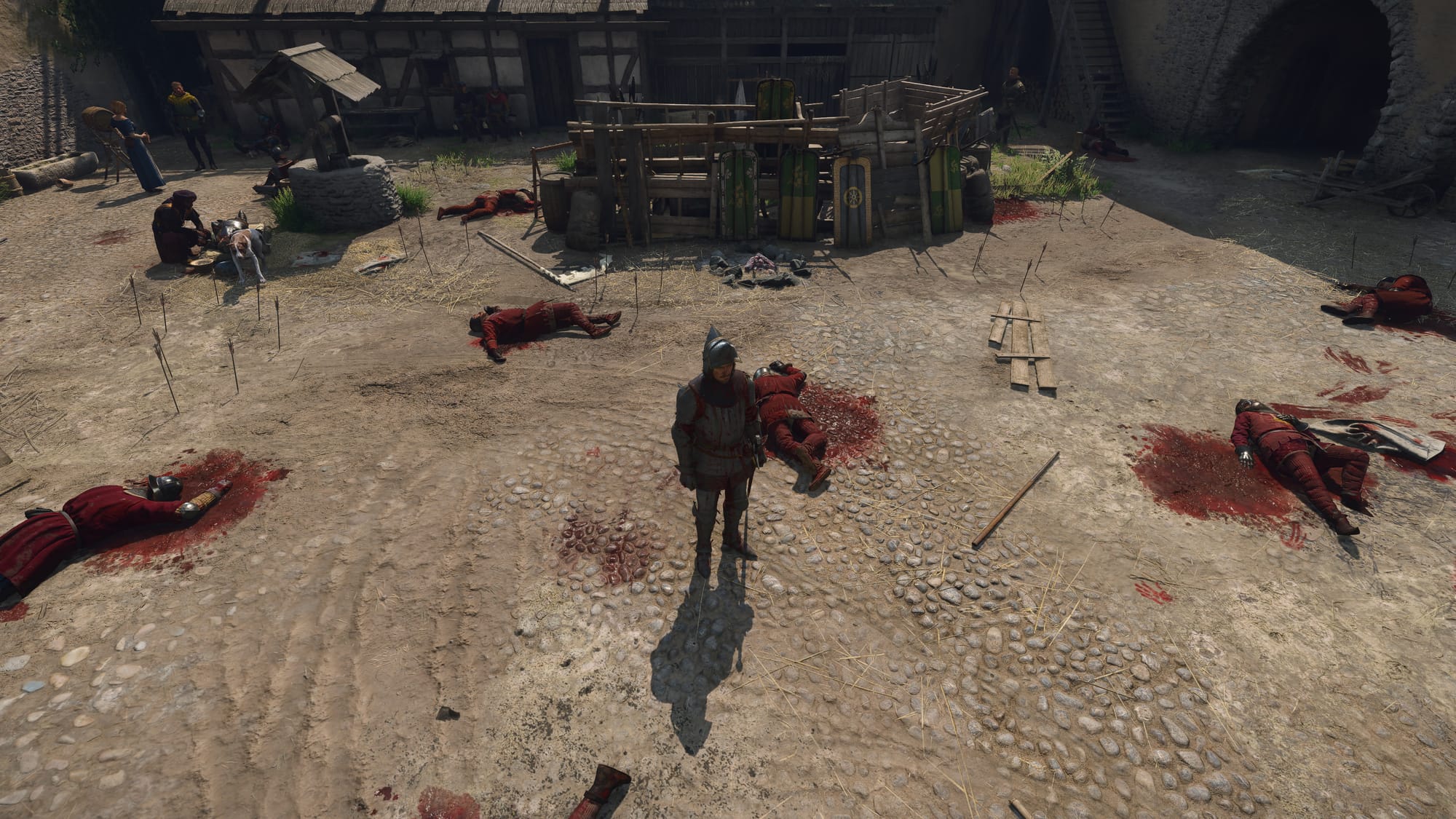
A 1v3 is still almost surely lethal unless very late in the game, and you still need to approach every encounter with maximum seriousness. All of this serves to provide a considerable weight to each combat encounter. It's not like other games where you plunge head-first with no regard for your safety... in this one you really must consider if it's something you need to engage in.
Unfortunately, outside of the times you're actually engaged in a duel and locked in, the game is still clunky. Large-scale enemy encounters still feel like a disorganised mess (not in a good way), and generally lack the believeablity of most AAA games. You are distinctly aware the game is struggling to make these things happen, and even in more simple instances, it's a real mess in those incipient moments of the encounter.
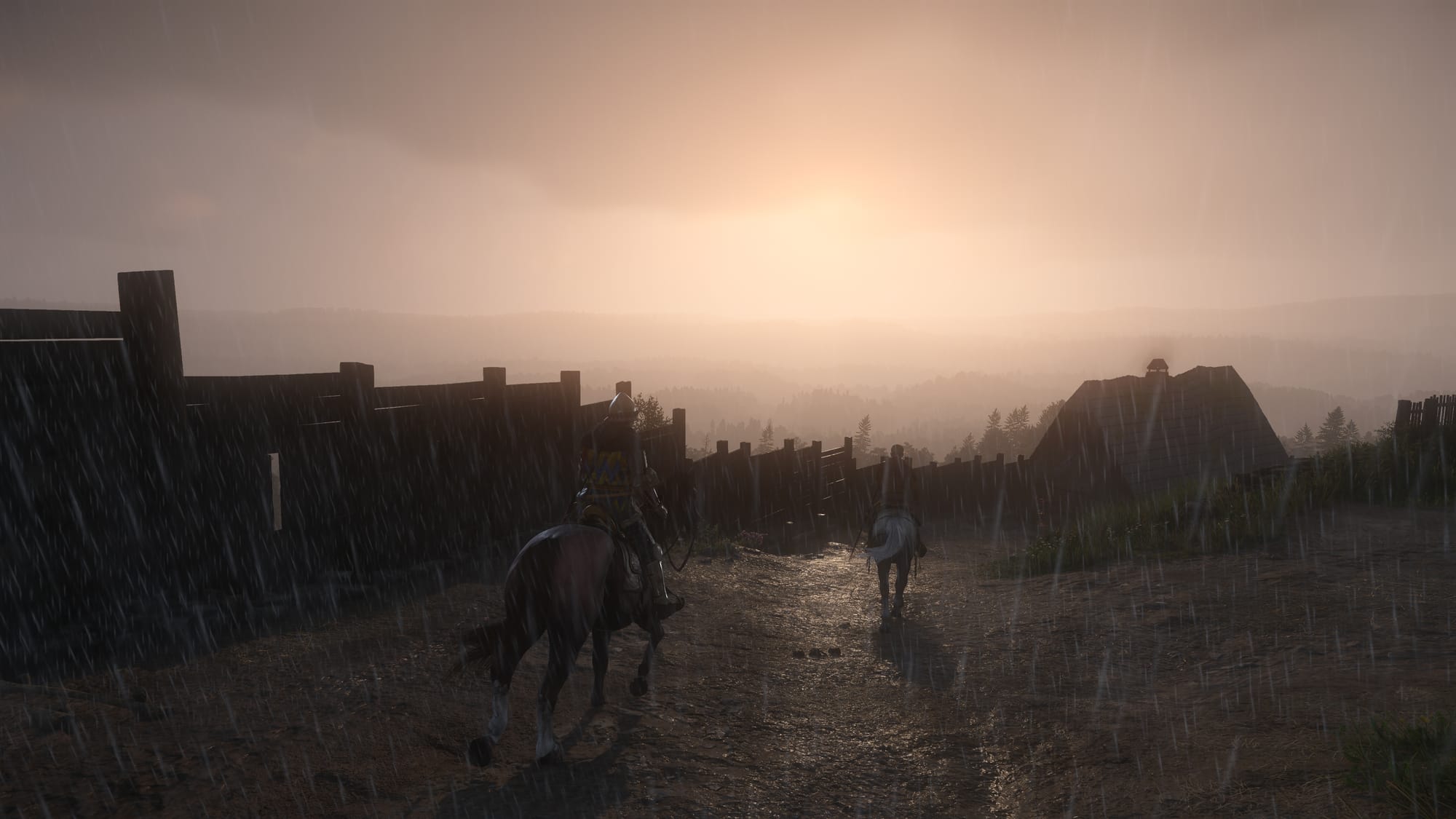
Narrative
In pure breadth, I can see why this couldn't all be contained in the first game. I am unsure how many of the twists and turns of this were in the original plan, but from a variety perspective, this game proposes a wide variety of scenarios, most of which unfortunately do not have a lot of narrative drive.
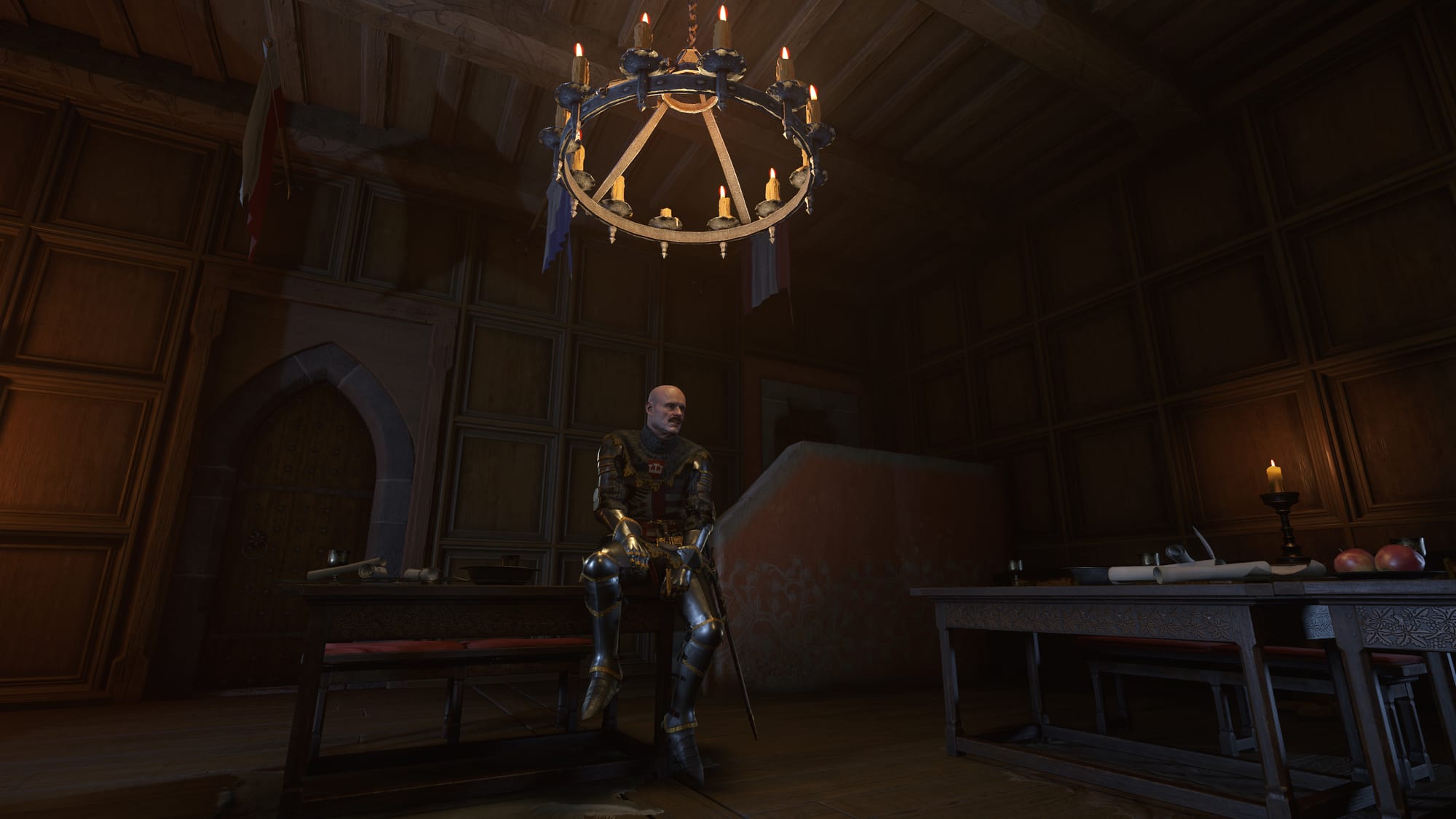
I am sad to inform you that the bottom line of the game seems to boil down to a rather uninspired "Violence bad" kind of point, with little care given to the small nuances that might make it all worthwhile. There is also not a lot of importance given to the overarching Sigismund vs Wenceslas debate, with the former just randomly retreating at the end of the game, with no real ellaboration from the game's story. I expected a little more political commentary from a 100h story (cummulated runtime of both games, roughly)
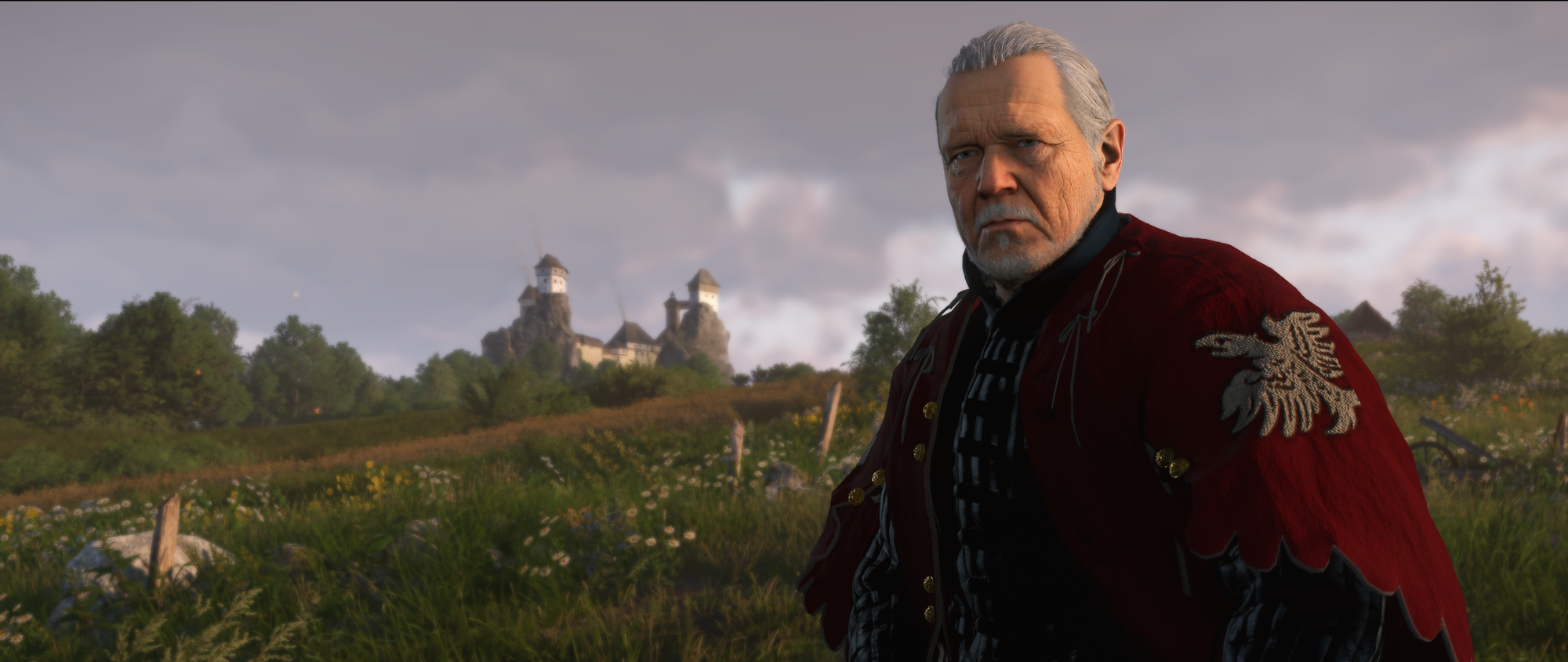
There is one more piece of criticism that I would like to bring to the forefront about the game's ending, and that's the extremely harsh view that Henry's parents have over his overall trajectory throughout the game. It felt to me like a series of checks that they went through, and no matter how much good you did overall, if you failed a single one of those checks, you are automatically the worst human that ever lived and a war criminal.
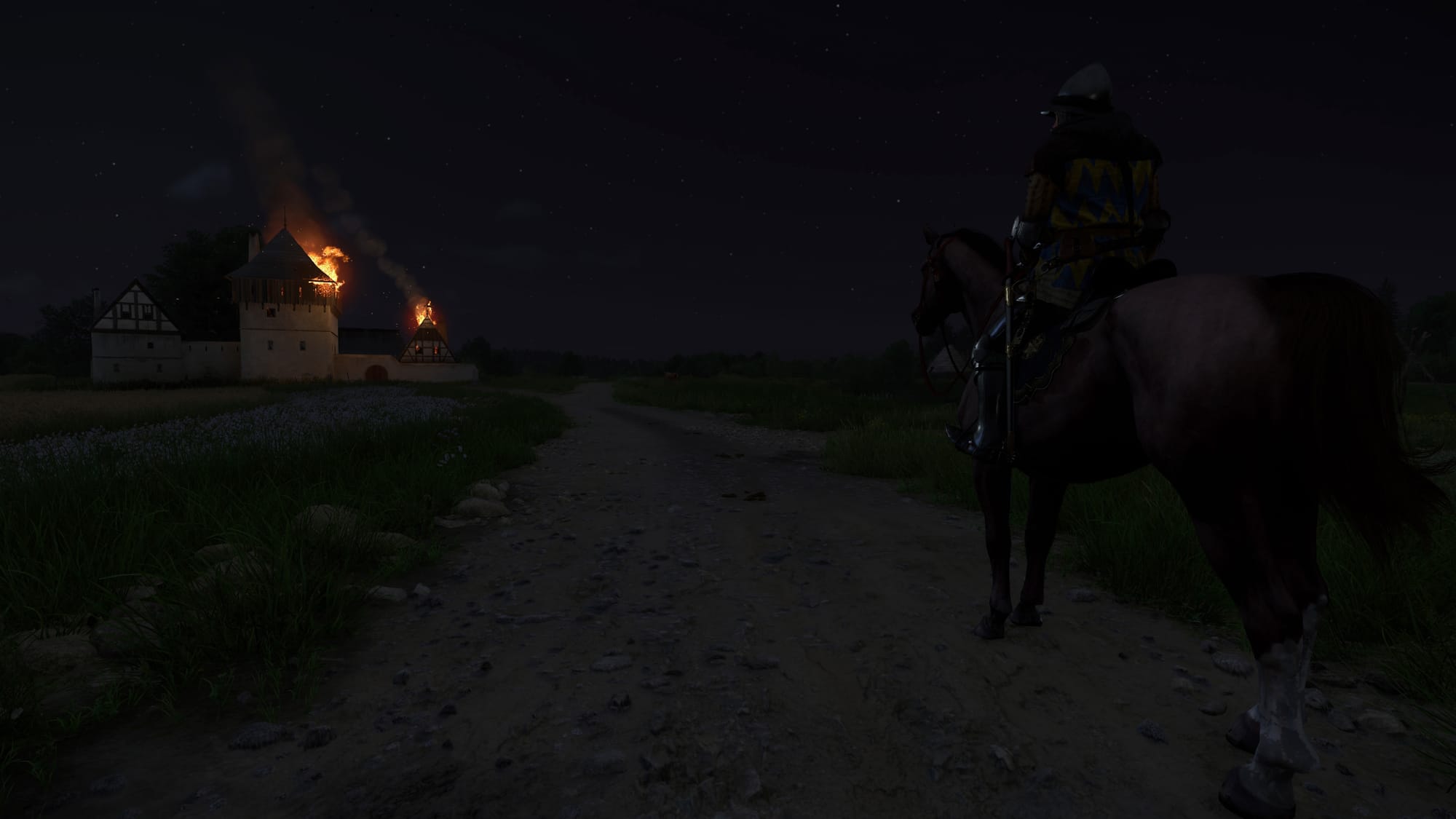
Spoiler on good vs bad ending
It does not matter that you saved 200 villages from being torched, or that you dove into the enemy base to save Samuel, if you also sided against the guy who betrayed you. It is true that there were innocent people in Semine's village, and I had no say in wanting to spare them... it was a black or white choice: Side with the guy who had your whole squad murdered, or side against him. Murder the innocents that happend to be in Semine's village, or murder the simple soldiers that were issued an order from a derranged commander and protect someone who attempted to kill you.
I think that's a pretty ridiculous way to issue the bad ending, but that's just me.
Conclusion
Overall, this is a fantastic game! It excells at exploration, power dyinamics, immersion and gameplay. It's perhaps one of the most mesmerizing open worlds I've played in recent memory, and its lacklustre story does little to blemish my immaculate outlook for this game.
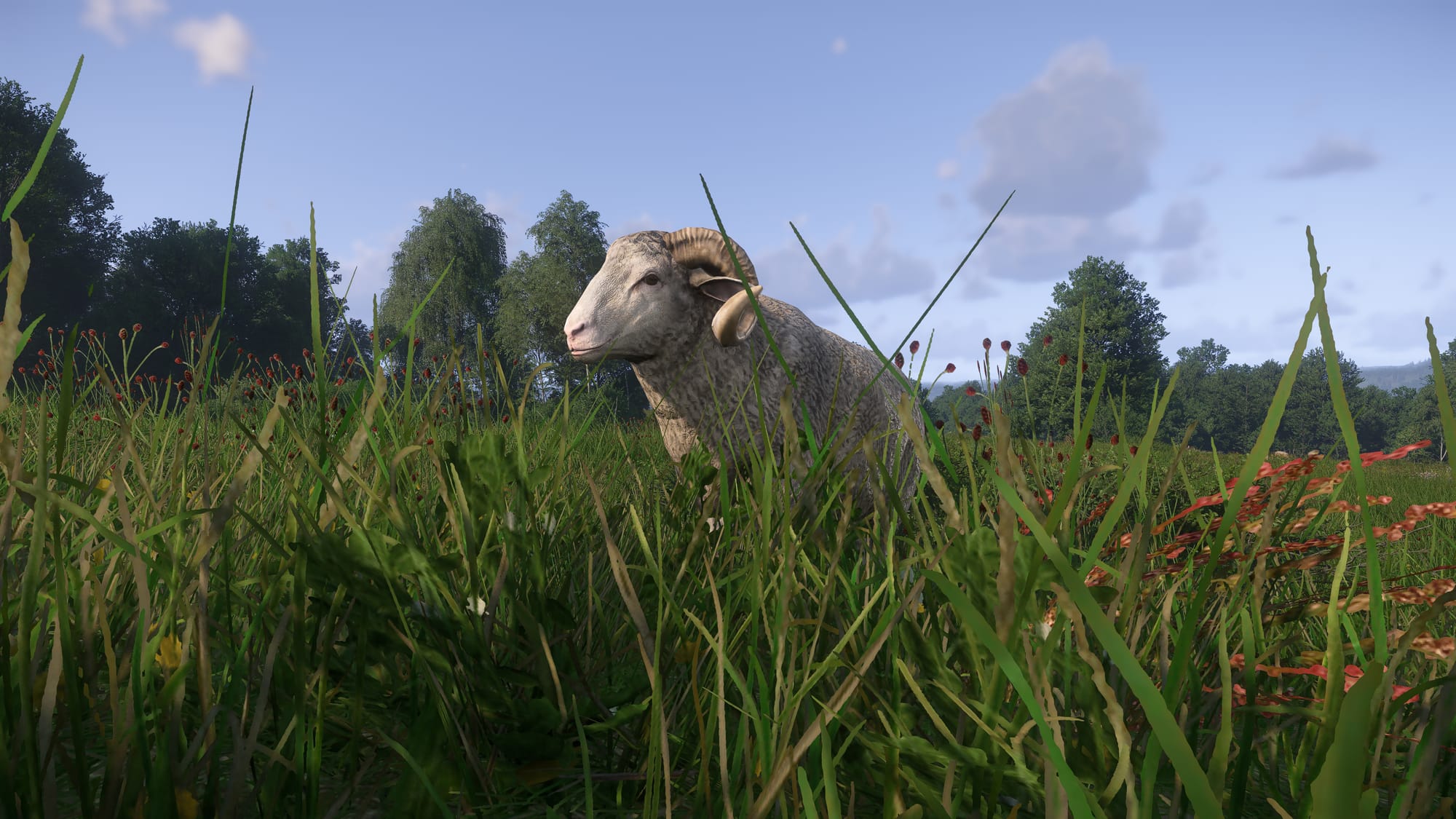
If you enjoy being immersed in a fully realized world, this is absolutely the game for you. A true masterclass in open world game design.
